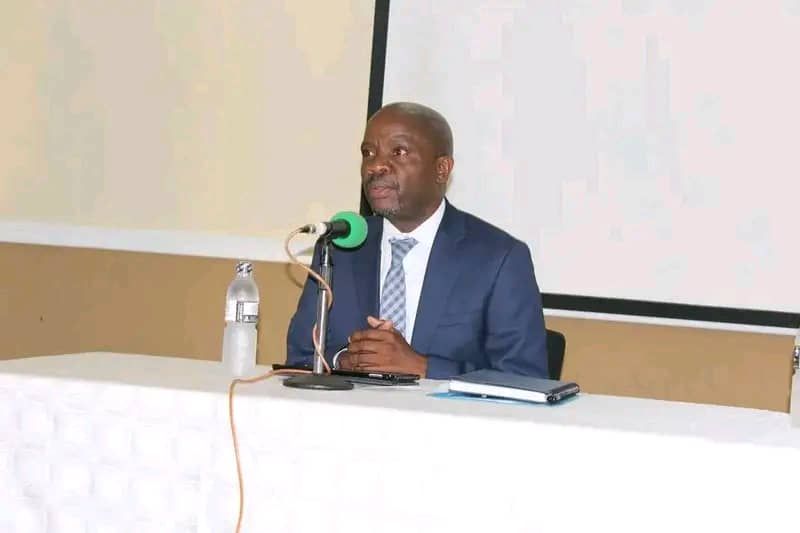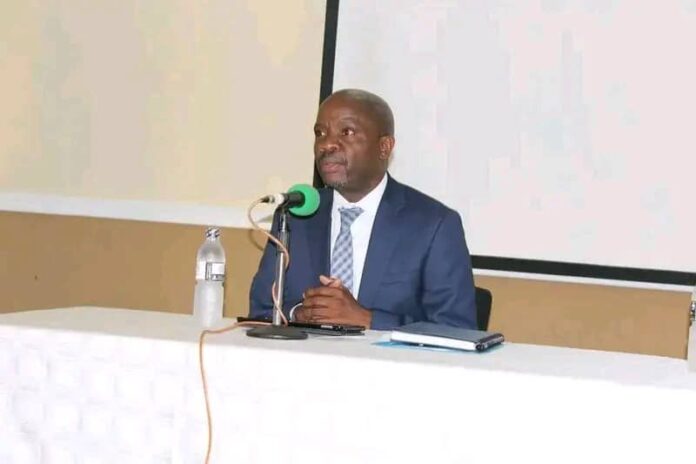By Burnett Munthali
In a landmark ruling, the High Court in Blantyre has ordered the reinstatement of former Director General of the Malawi Communications Regulatory Authority (MACRA), Godfrey Itaye, along with 15 other employees whose contracts were terminated following an investigation by the Ombudsman. The decision, delivered by Judge Mandala Mambulasa in a detailed 64-page judgment, has been hailed as a significant victory for Itaye and his co-workers, who had contested their dismissal.
The case stemmed from an investigation initiated by the Ombudsman after an anonymous complaint alleged irregularities in MACRA’s hiring practices. The Ombudsman proceeded with the probe, which ultimately led to the termination of Itaye and several other employees. However, Judge Mambulasa found that the investigation itself lacked legal merit, as it was not based on a valid and identifiable complainant. He ruled that MACRA had no legitimate grounds to dismiss its employees based on the findings of such an inquiry.

The judgment underscores a critical aspect of due process in Malawi’s governance institutions. By emphasizing that a valid complaint must originate from an identifiable source, the ruling highlights the importance of procedural fairness in administrative actions. The decision could set a precedent for future cases where dismissals are carried out without proper adherence to legal requirements.
For Godfrey Itaye, this ruling comes amid a turbulent period in his career. The former MACRA chief has previously faced charges of fraud and abuse of office, allegations to which he pleaded not guilty. While this reinstatement may mark a legal victory for him and his colleagues, questions remain about the broader implications of their return to MACRA, particularly in an institution that has already undergone leadership changes since their dismissal.
Legal analysts and labor rights advocates have welcomed the judgment, describing it as a reaffirmation of employees’ rights against wrongful dismissal. The ruling also raises concerns about the manner in which government agencies conduct internal investigations and whether existing oversight mechanisms need to be reviewed to ensure fairness and compliance with legal standards.
As the reinstated employees prepare to return to their positions, the decision is likely to spark discussions on governance, accountability, and labor rights within Malawi’s public institutions. Whether MACRA will appeal the ruling remains to be seen, but for now, Itaye and his fellow employees have secured a hard-fought legal victory that restores their professional standing.



